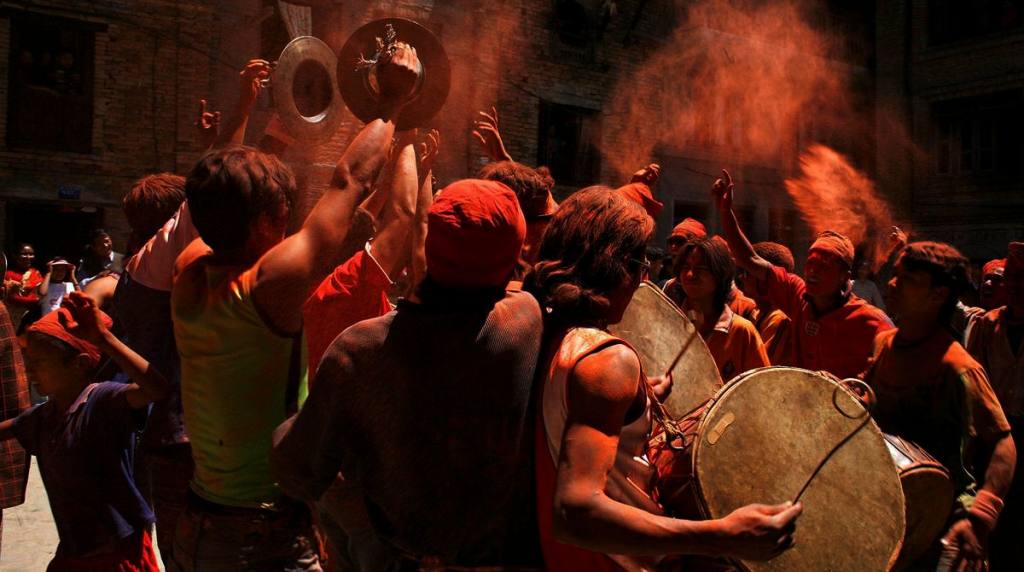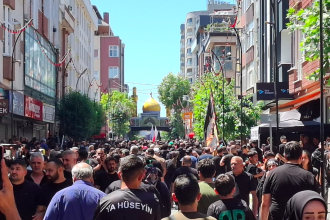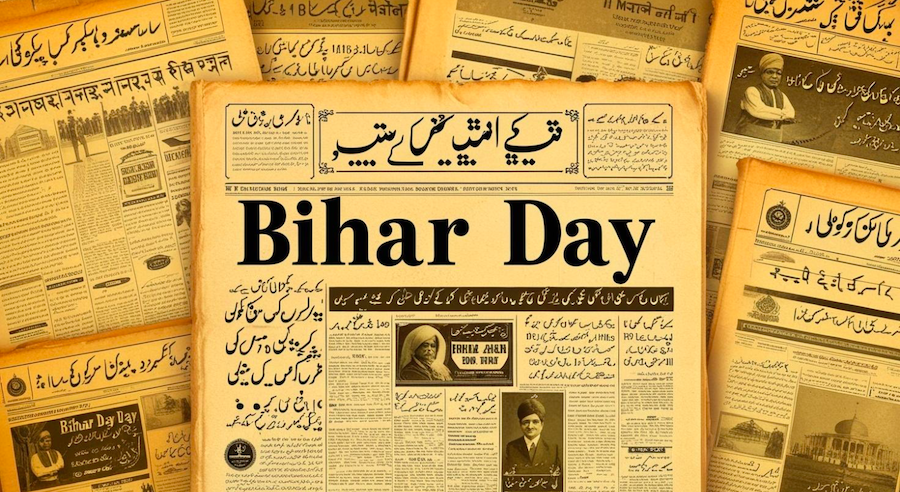International Community Must Help to Organize Free and Fair Elections in Nepal
BeyondHeadlines News Desk
New Delhi: Asian Centre for Human Rights (ACHR) in its report, “2013 Proposed Elections in Nepal: An agenda for international community” (http://www.achrweb.org/
“The consequences of not holding or not being able to hold elections are more anarchy. The impatience with Khil Raj Regmi government including by four big political parties will grow while Regmi’s tenure as Chief Justice will expire in June 2014. If elections cannot be held, direct rule by President Ram Baran Yadav might be within the realm of possibilities but President Yadav must avoid any temptation or trepidation for direct governance.” – stated Mr Suhas Chakma, Director of Asian Centre for Human Rights.
Outlining the obstacles for holding elections, ACHR stated Interim Election Council (IEC) faces many challenges to conduct free and fair elections including questionable mandate of the four big political parties in the light of the vehement opposition by 33 political parties led by Communist Party of Nepal (Maoists) led by Mohan Vaidya; credibility of the IEC itself in the light of writ petitions pending before the Supreme Court of Nepal on the appointment of Justice Regmi as the Chairman of the IEC; spectre of violence looming large over Nepal; 1% threshold for proportional representation by the political parties; registration of all the eligible voters; delimitation of constituenciesm, and the question of accountability.
“Despite the existence of High Level Political Mechanism, the spectre of violence especially in the rural areas shall remain the most critical challenge for holding free and fair elections. Further, access to illegal funds by the political leaders and use of the same to determine outcome of the CA-Parliament elections remains another obstacle to holding free and fair elections.” – asserted Asian Centre for Human Rights.
Among others, Asian Centre for Human Rights recommended the Interim Election Council and the Election Commission to (i) hold elections in five phases for five development region of Nepal; deployment of Nepal Armed Police and Nepal Army to ensure free and fair elections; (ii) provide that all civil officers and security forces drafted for election duty at the time of elections stand deputed to the Election Commission of Nepal and they come under the EC’s superintendence, direction and control for all purposes; (iii) issue Guidelines by the Election Commission of Nepal to ensure respect and compliance with instructions regarding maintenance of law and order, execution of non-bailable warrants, seizure of illegal arms, surrender of licensed weapons, enforcement of excise law, action against bootleggers, restriction on use of vehicles, instruction regarding prior permission for campaign vehicles, ban on use of any vehicle for transporting voters on the day of poll by the political parties etc; (iv) conduct vulnerability mapping to identify sensitive and vulnerable areas including the number of police stations affected by highly pronounced rivalry between political parties in every district, number of police stations which are highly politically sensitive, number of police stations affected by pronounced presence of criminals, number of police stations affected by communal tension, number of police station affected by inter ethnic or caste based tension; (v) ensure that nomination form, inter alia, provides for declaration of income tax return filed by the candidates and information as to whether any case of corruption or human rights violations pending before the Courts, Ant-Corruption Commission and/or National Human Rights Commission with the condition that submission of false information shall be a ground for disqualification; (vi) develop and notify code of conduct on the political parties that shall come into force 120 days prior to holding of elections; (vii) develop “Election Expenditure Monitoring Mechanism” including monitoring day to day expenses to control abuse of money and power; (viii) develop dedicated Flying Squads in each Assembly Constituency for tracking illegal cash transactions or any distribution of liquor or any other items suspected of being used for bribing the voters and Static Surveillance Team to put check posts and keep watch on movement of large quantities of cash, illegal liquor, any suspicious item or arms being carried in their area; (ix) develop measures for prevention of intimidation to the voters of vulnerable sections of electorate; (x) develop 24×7 Complaint Monitoring Control Room and Call Centre at district level to operate from the date of announcement of election and these numbers be widely publicized for the public to inform corrupt practices related to election; and (xi) issue guidelines on the vehicles to be used for campaign purpose by candidates and political parties during the Constituent Assembly elections to provide that vehicles for the campaign purpose may ply only with the prior approval of the Returning Officers and must display the permit issued in original (not photocopy) prominently on the windscreen with sufficient dimension and further bearing the number of the vehicle and name of the candidate in whose favour it is issued.
Asian Centre for Human Rights recommended to international community to provide all necessary assistance to Nepal for holding phase-wise elections and movement of the security forces prior to the elections.










